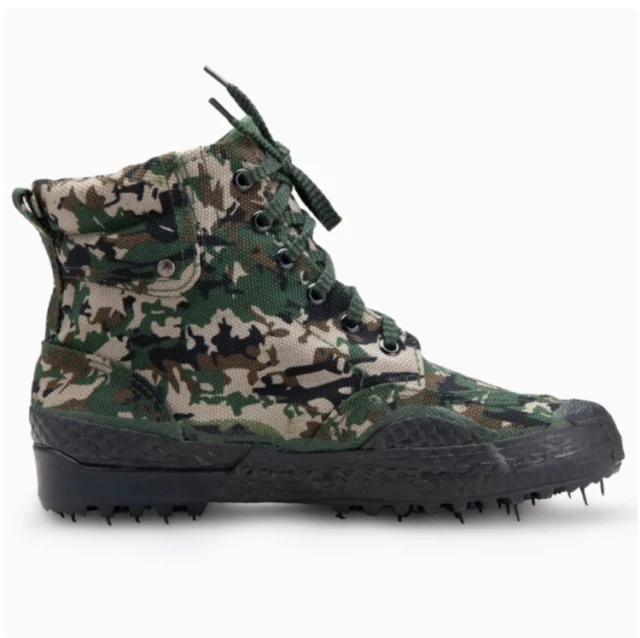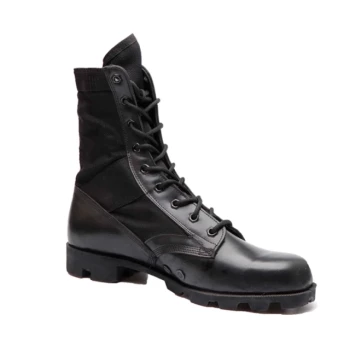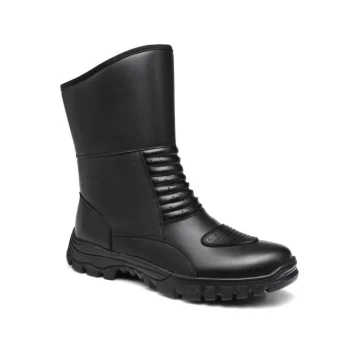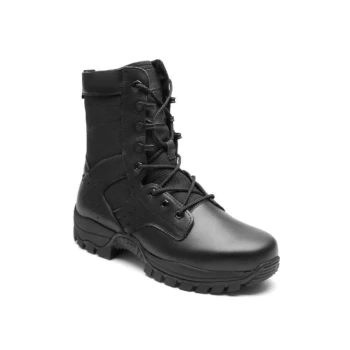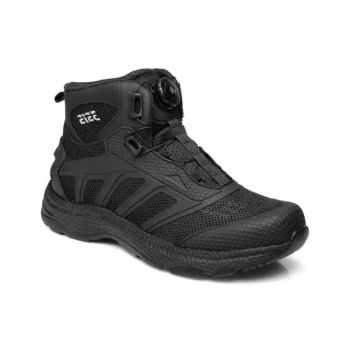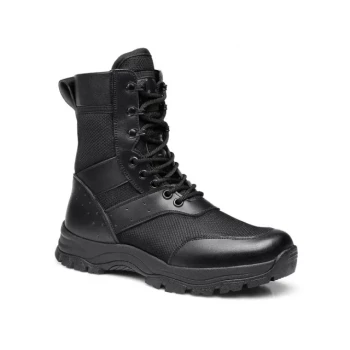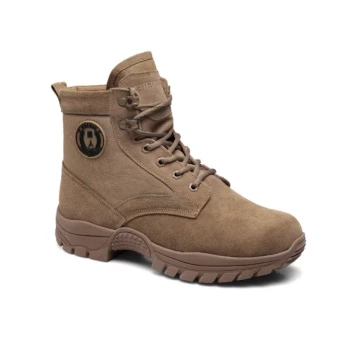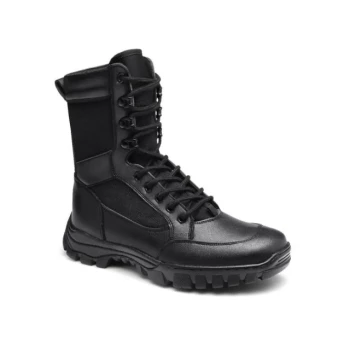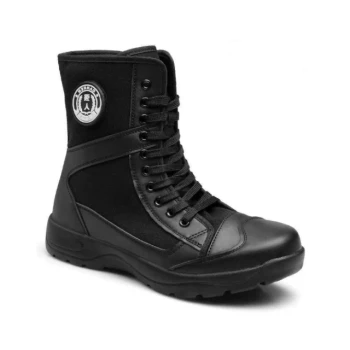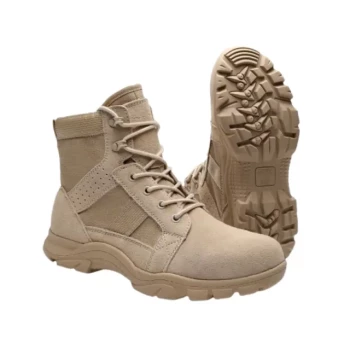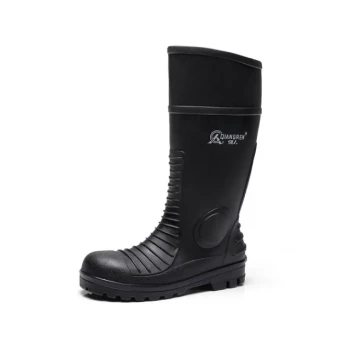The journey of camouflage from military necessity to cultural icon represents one of design history's most fascinating cross-industry adaptations. This article traces the bidirectional innovation between defense technology and fashion aesthetics, revealing how tactical concealment strategies transformed into bold visual statements—and how runway trends occasionally circle back to influence military design.
Military-Driven Innovation in Camouflage
Modern militaries invest heavily in concealment technologies that far surpass traditional visual deception. These advancements address evolving surveillance capabilities while inadvertently supplying fashion designers with groundbreaking material and pattern innovations.
Multi-Spectral Concealment: Beyond Visual Perception
Today's battlefield camouflage must deceive sensors across multiple wavelengths—infrared, thermal, and even radar signatures. Research shows that:
- Infrared masking now incorporates specialized dyes that minimize heat signature differences between soldiers and their surroundings
- Dynamic materials can adjust reflectivity based on ambient light conditions, a principle borrowed from cephalopod skin
- 3D-textured fabrics break up silhouettes more effectively than flat patterns, reducing detection rates by approximately 30-40% in field tests
These technologies emerged from defense budgets exceeding typical fashion R&D investments by orders of magnitude, yet their aesthetic potential became impossible for designers to ignore.
Computational Design and Material Science Breakthroughs
The shift from hand-painted camouflage to algorithm-generated patterns marks a pivotal moment in functional design:
- Evolutionary algorithms now optimize patterns by simulating thousands of generations of natural selection, creating designs that outperform human-made equivalents
- Biomimetic materials replicate forest floor textures at microscopic levels, scattering light more effectively than conventional prints
- Phase-change fabrics originally developed for extreme environments now inspire temperature-responsive streetwear
Have you considered how these technologies might influence everyday clothing? The same fabric that helps a sniper evade detection could soon regulate office wear microclimates.
Fashion’s Reinterpretation of Camouflage
When camouflage entered civilian wardrobes, it underwent a profound symbolic transformation—from hiding the wearer to announcing their identity. This cultural repurposing created tensions but also drove unexpected collaborations between industries.
Subversion of Utility: Camouflage as Irony in Streetwear
Designers deliberately employ camouflage's military connotations to make social statements:
- Urban camouflage patterns mimic concrete and graffiti rather than woodland environments
- High-visibility camo uses neon colors that defeat the original purpose, turning concealment into bold declaration
- Luxury brands apply camouflage prints to handbags and shoes—items never meant for concealment
This ironic usage peaked when camouflage became the uniform of rebellion, worn by protesters and musicians alike to signify resistance rather than tactical advantage.
High-Fashion Collaborations with Defense Agencies
Surprising partnerships have emerged between couture houses and military research divisions:
- A prominent Parisian design firm recently licensed patented radar-diffusing fabric technology for a avant-garde collection
- Special forces units have adopted moisture-wicking treatments originally developed for athletic wear
- Several NATO countries now consult fashion colorists when updating service uniforms
These collaborations suggest a growing recognition that aesthetic appeal impacts functionality—whether boosting soldier morale or ensuring civilian adoption of protective gear.
Ethical and Functional Tensions
The camouflage crossover hasn't occurred without controversy. Competing priorities between military necessity and fashion trends create ongoing debates about appropriate usage and sustainability.
Cultural Appropriation vs. Tactical Necessity
Critics highlight uncomfortable dynamics when:
- Runway models wear camouflage while actual soldiers remain deployed in conflict zones
- Fast fashion brands profit from militaristic aesthetics without supporting veterans' causes
- Sacred patterns from indigenous cultures get commercialized as "tribal camouflage"
Yet militaries counter that pattern innovation saves lives—a 2021 study found advanced camouflage reduces combat casualties by approximately 15-20% compared to older designs.
Sustainability Conflicts: Military-Grade vs. Fast Fashion
The environmental impact differs drastically between sectors:
| Factor | Military Camouflage | Fashion Camouflage |
|---|---|---|
| Material Lifespan | 5-7 years (heavy-duty specs) | 2-3 months (trend cycles) |
| Chemical Treatments | EPA-regulated flame retardants | Often non-compliant dyes |
| Production Volume | Limited batches | Mass-produced globally |
This disparity raises questions: Should fashion brands adopt military durability standards? Could defense forces learn from fashion's recycling initiatives?
Step Into Innovation with 3515 Footwear
Whether you're a distributor seeking rugged boots with authentic camouflage styling or a brand owner developing tactical-inspired streetwear, 3515's manufacturing expertise bridges military durability with fashion-forward design. Our production capabilities transform advanced material technologies into footwear solutions that perform—on city streets or challenging terrain. [Contact our team] to discuss your next bulk footwear project.
The camouflage story continues evolving as augmented reality and smart textiles introduce new possibilities. What began as survival strategy now represents humanity's endless creativity—transforming tools of concealment into mediums of self-expression, while occasionally returning improved versions to their tactical origins. These technologies quietly shape everything from battlefield outcomes to seasonal runway trends, proving design innovation knows no boundaries.
Related Products
- Durable Military Combat Boots with Water Drainage for Wholesale & OEM
- Wholesale Tactical Boots High-Traction & Reflective for Bulk & Brand Orders
- Durable Leather Tactical Boots Wholesale & Custom Manufacturing for Brands
- Wholesale Lightweight Tactical Boots with Dial Closure OEM & Bulk Orders
- Durable Leather High-Ankle Tactical Boots for Wholesale & Custom Manufacturing
Related Articles
- How Tactical Boots Solve Critical Challenges in Law Enforcement Operations
- How to Choose Tactical Boots That Match Your Law Enforcement Needs
- How Tactical Boots Achieve All-Day Comfort: Science-Backed Design Secrets
- How Tactical Boots Solve Real Workplace Challenges in High-Risk Environments
- How Tactical Boots Deliver Long-Term Value: A Cost & Performance Breakdown
